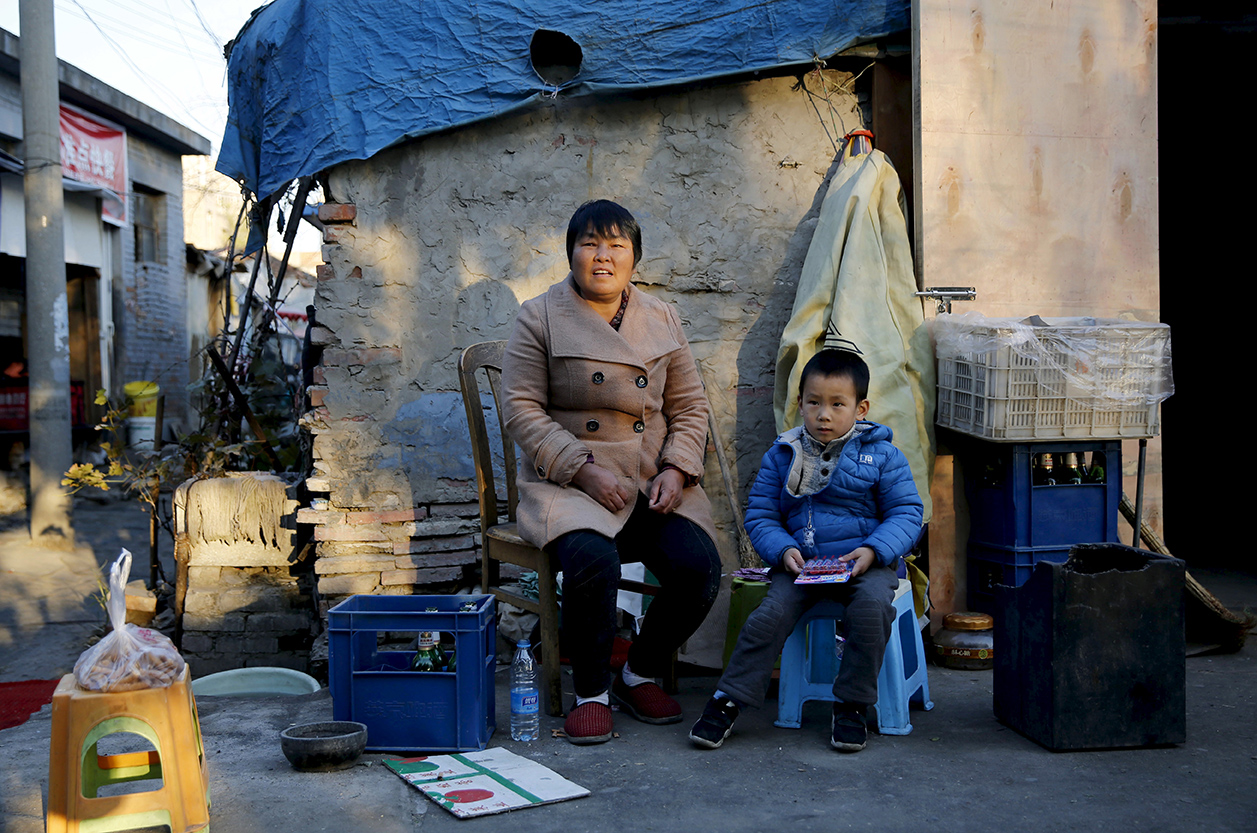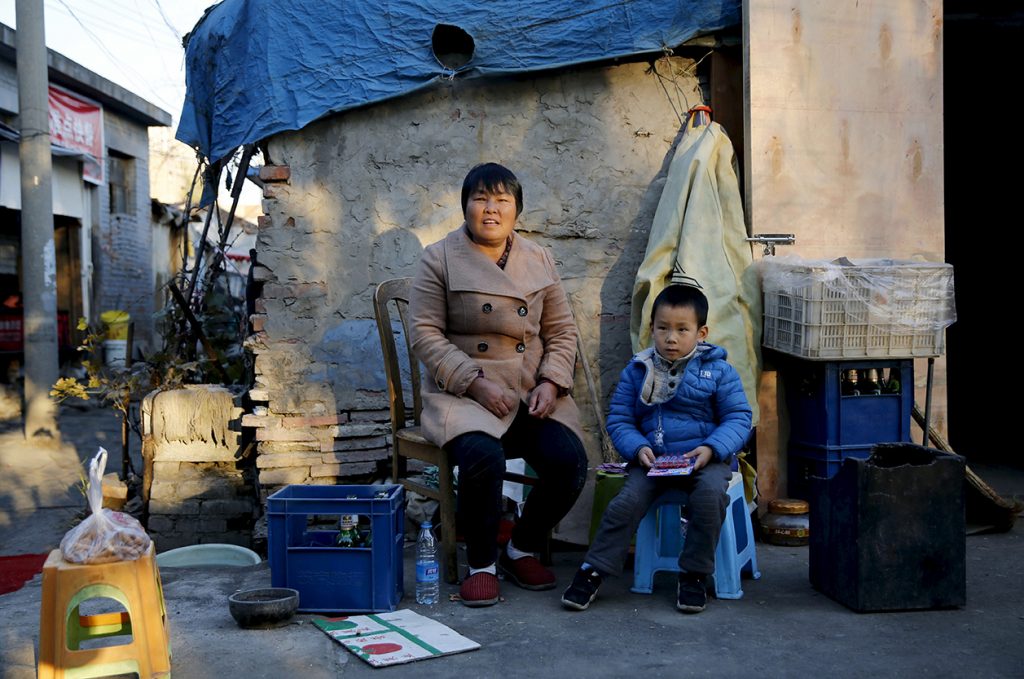 In 2013, China’s Communist Party (CCP) shocked the mainland by announcing that it was loosening restrictions on the “One-Child” policy that had managed the growth of China’s population since 1980. The new policy allowed for a second child if one parent was an only child. The news was greeted warmly by the population. In October, the CCP surprised the world yet again.
In 2013, China’s Communist Party (CCP) shocked the mainland by announcing that it was loosening restrictions on the “One-Child” policy that had managed the growth of China’s population since 1980. The new policy allowed for a second child if one parent was an only child. The news was greeted warmly by the population. In October, the CCP surprised the world yet again.
On the heels of the fifth plenum of the CCP’s Central Committee, government officials announced on Oct. 29 as part of the new Five-Year Plan that the restrictions are getting even looser. All couples will now be allowed to have a maximum of two children, with no prerequisites. According to the National Health and Family Planning Commission, the state-run organization that enforces the policy, the changes are meant to “increase labor supply and ease pressures from an aging population.”
This is one of the largest structural issues facing the CCP over the long-term. One-third of the population is expected to be over the age of sixty by 2050, putting China in the unique position of being the first nation in modern history to grow old before it becomes a developed nation. This will place incredible pressure on the smaller working-age population, especially in a country that already has underdeveloped social safety nets and will, in theory, also be responsible for a growing number of children. Moreover, the past policy is widely believed to be at fault for the country’s current gender imbalance. The current ratio stands at roughly 120 men to every 100 women, and with the preference for male children still engrained in Chinese culture, any remaining restrictions could serve to further exacerbate the problem.
Public reaction in response to the announcement has been ambivalent. Most couples cite cost as a reason for foregoing a second child; others cite the impact a second child can have on career prospects. Either way you look at it, this piecemeal reform of the “One-Child” policy carried out over the past two years, while slightly drawing the government out of Chinese family planning, only serves to show the disconnect between the CCP and the greater Chinese population as well as a lack of political will to deal with the problems they face.
These days in China raising a child can be financially crippling. There are an entire myriad of costs that crop up. Just from an educational standpoint parents already have to pay massive school fees, as well as investing in foreign language classes, supplemental weekend classes to address any academic problem areas, and even home tutors. Competition is fierce, as can be noted by the number of times one hears Microsoft co-founder Bill Gates’ quote spoken in chastening tones: “In China, if you’re one in a million there are 1,300 just like you.” Well, guess what? That number just doubled in the minds of millions of would-be parents and after some careful financial calculations, a second child is looking less and less feasible.
In addition to education costs, many parents are also choosing to forego domestically produced baby formula and non-organic foods after a series of food safety scandals that have rocked the country in recent years. Instead they choose to only buy imported milk and milk powder at a hefty premium. Pork and cooking oil have both been affected as well, driving up prices and making life for families considerably more difficult.
Another factor at play is the choice that many possible mothers are keenly aware of: can their career survive taking time off to raise a second child? In a country where women are still devalued in the workforce, can those who’ve managed to achieve any small amount of success afford to sidetrack themselves to raise another child? There are, of course, many prominent women who have “made it” in Chinese business, but for the vast majority, the decision on whether to focus on their family or to focus on their career is an agonizing one.
This is a now familiar debate in China. One which appeared to have been fully fleshed out in 2013 when the policy was first changed. In Beijing, in the year immediately preceding the change in policy, only 6 percent of eligible couples applied for a second child. And the reception this time around seems to confirm that that trend is here to stay. It will require decades before the full effects of this policy can be seen, but many analysts agree that this policy is too little, too late.
Alex Renner in an intern with the Atlantic Council’s Global Energy Center.
Image: Huang Feng poses with her grandson, whom she takes care of, at a migrant workers' village in Beijing on Oct. 30. Huang, 52, said the rule change is very good because her son can have two children. China has unwound its one-child policy, for decades a symbol of invasive and coercive government planning, but the shift has been met with a disinterested shrug from many younger couples. (Reuters/Kim Kyung-Hoon)
